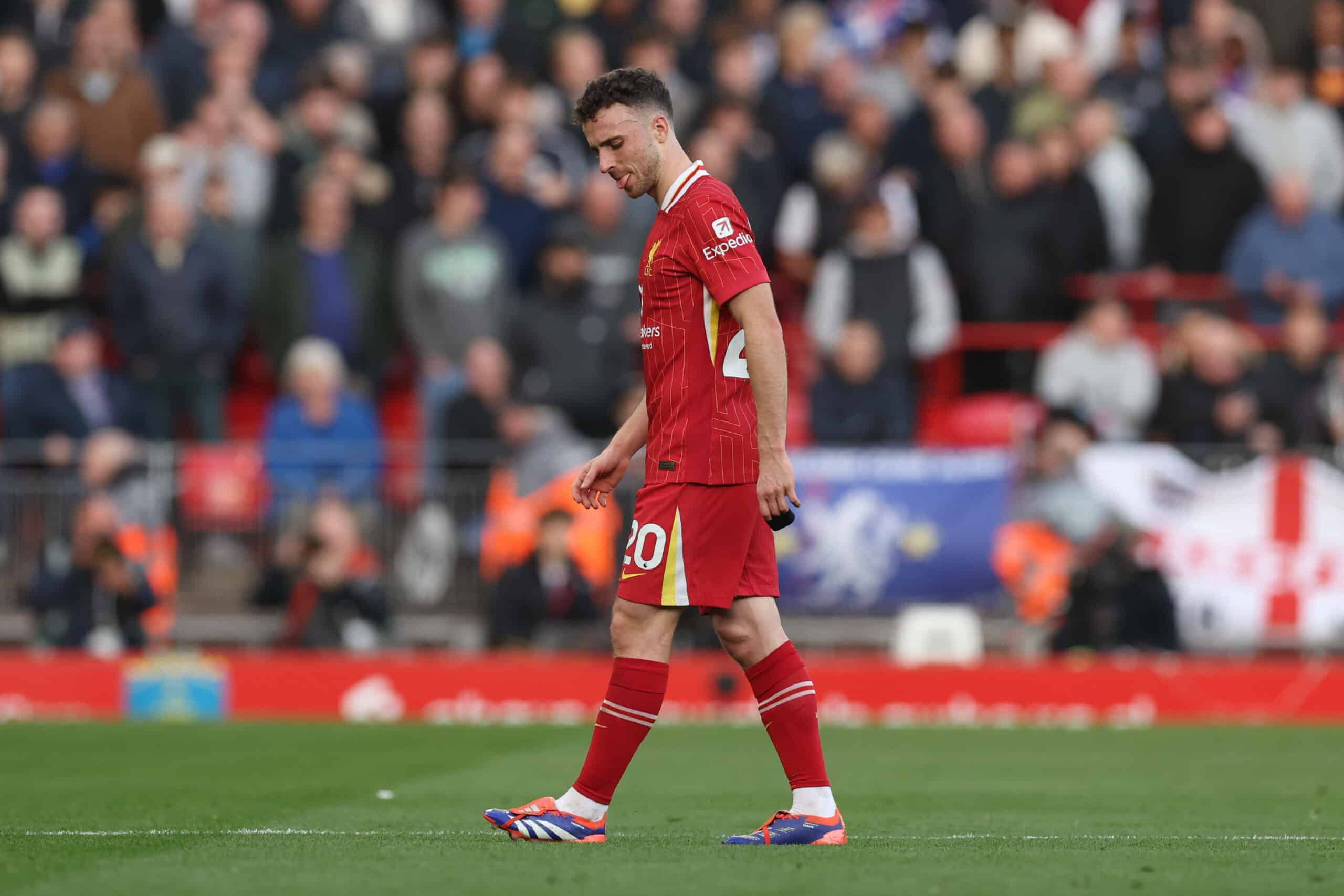Philadelphia’s next budget will not include cuts to the wage or business tax rates, providing a political victory for first-year Mayor Cherelle L. Parker and answering one of the more significant open questions as budget negotiations come down to the wire.
Councilmember Isaiah Thomas, who had pushed for recent cuts to the business income and receipts tax, confirmed Thursday that he and others were abandoning their effort to cut taxes in the city budget that takes effect July 1. He said Council members want to be aligned with Parker and to wait for recommendations from the new Tax Reform Commission that are expected to be published in the fall.
“We want to try our best to have a united front with the mayor,” Thomas said.
The move represents a break from recent precedent in City Hall’s tax policy and a setback for the business community, which has successfully lobbied for tax cuts in recent years.
» READ MORE: How Mayor Parker is changing the conversation on Philly’s tax structure
Successive Philadelphia mayors dating back to the 1990s have supported a policy of using small annual cuts to incrementally lower the wage tax, which is the highest of its kind in the nation at 3.75% for city residents and 3.44% for people who work in Philly but live elsewhere.
But Parker did not propose any tax cuts in the $6.29 billion budget proposal she unveiled in March, despite the city being in relatively strong financial condition. The mayor has said she supports lowering both taxes in the long term, but felt that the most urgent way to aid the business community was to fulfill her campaign promise of making Philadelphia “safer, cleaner, greener.”
She also said she wants to wait for the Tax Reform Commission to produce a report and to see action on the state level before committing the city to further tax changes. Specifically, the mayor wants a state constitutional amendment to allow Philadelphia to apply higher tax rates on commercial real estate than residential properties. And she wants Harrisburg to raise Pennsylvania’s minimum wage to $15 per hour from the current federal hourly minimum of $7.25. Both of those efforts face major political headwinds and would take years to accomplish.
Tax cuts in recent years were seen as an indication that the politics of City Hall were moving back to the center after several years of momentum for the left — and that the business community was gaining influence over lawmakers.
Thomas said Thursday he’s concerned that not passing tax cuts this year sends the “wrong message” to businesses but is confident that Council will remain committed to tax cuts in the long run.
Thursday’s Council meeting was the last opportunity for bills to be introduced in time to be passed before lawmakers recess for summer break on June 13. But neither Thomas nor Councilmember Katherine Gilmore Richardson, Council’s point person on wage tax cuts, introduced legislation.
Neither Council nor the mayor this year proposed changing the real estate tax rate, which is 1.3998% of a property’s assessed value. But the city is resuming property reassessments in the next fiscal year after a one-year hiatus in the final year of Mayor Jim Kenney’s administration, and the new valuations will lead to increased property tax bills for thousands of Philly property owners.
Council is consequently considering tax relief measures that would take effect next year, such as increasing the homestead exemption for owner-occupied homes.
With debates about tax policy all but settled, Council and the administration now have one week to hash out a final deal on spending allocations for the next budget.
A group of progressive Council members on Thursday morning called for : $14 million to build new affordable housing units at the site of the UC Townhomes; $5 million for the Philadelphia Energy Authority’s Built-to-Last program, which assists low-income homeowners with energy-efficient home repairs; $50 million for rental assistance; and $2.6 million for the Office of Worker Protection.
“This coalition is fighting for a budget that works for working families,” Councilmember Jamie Gauthier said at a news conference before Thursday’s meeting.
This is a developing story and will be updated.

/cloudfront-us-east-1.images.arcpublishing.com/pmn/3FNWP72UTNHVBKBK52JYSELRMA.jpg)









